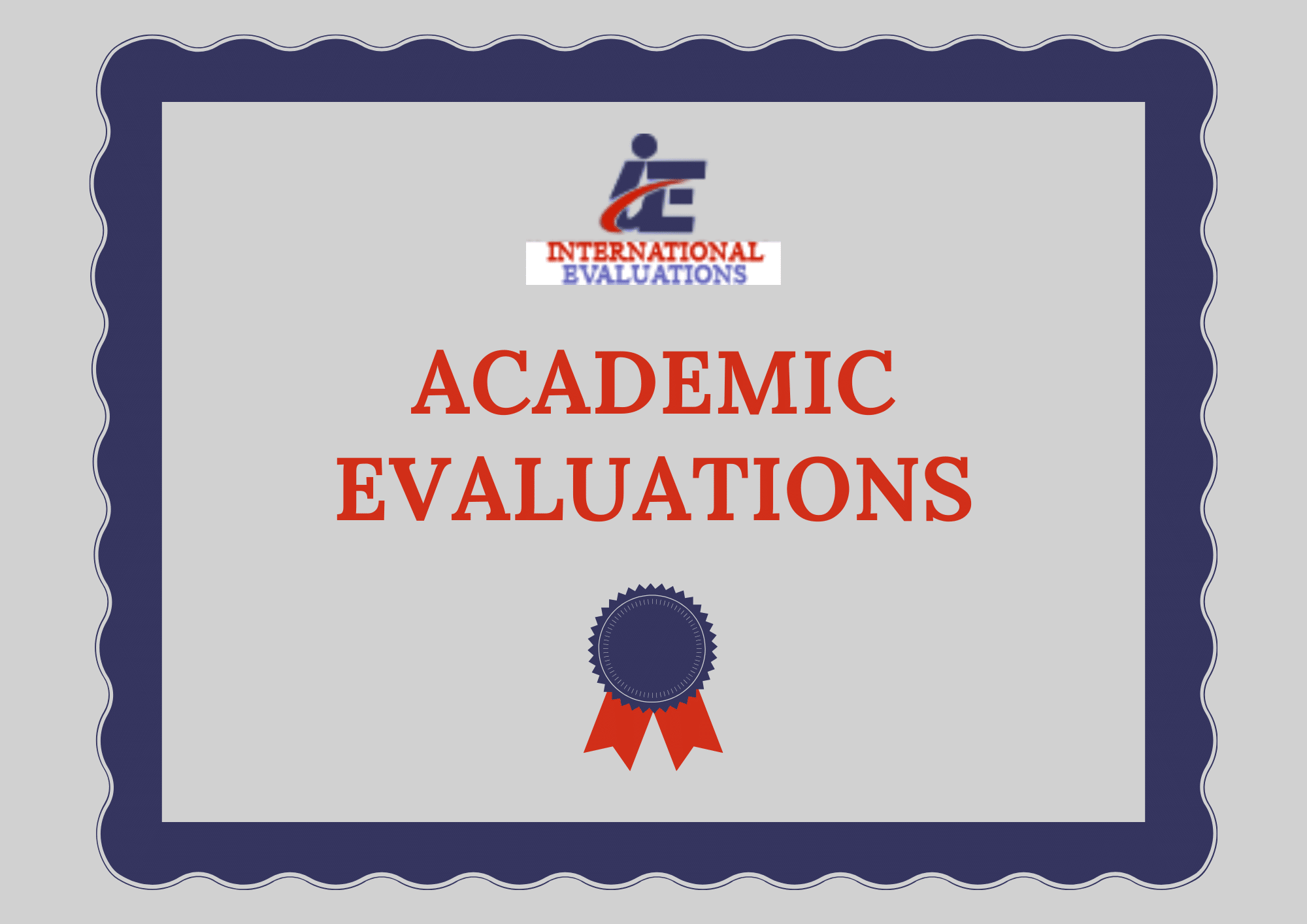Introduction
In today's competitive task market, the shift from class finding out to real-world application is more important than ever. Students and professionals alike are looking for methods to equate their work experiences into academic credits. This article checks out the intricate procedure of evaluating work experience for education credit, highlighting its significance in personal and professional advancement.
As we explore this subject, we will go over various elements of scholastic credential examination, worldwide credential examination services, course-by-course credential evaluation, and how they connect to work experience evaluation. Additionally, we'll explore expert viewpoint letters and service strategy assessments as part of this complex journey.
From Classroom to Career: Examining Work Experience for Education Credit
The bridge between class education and career success often involves acknowledging the value of useful experience. Numerous students build up significant work experience during internships or part-time tasks that may not be officially acknowledged by universities. However how can one make sure that these experiences count towards their academic credentials?
Why Assess Work Experience?
Evaluating work experience is essential for numerous reasons:
Recognition of Skills: It verifies the skills gotten through hands-on experiences. Enhanced Employability: Employers significantly seek prospects with useful knowledge alongside official education. Personal Growth: Recommendation of past experiences enhances self-confidence and encourages lifelong learning.Types of Credential Evaluation
Understanding the different kinds of credential assessments available can help individuals browse this process effectively.
Academic Credential Evaluation
Academic credential assessment evaluates foreign instructional certifications versus developed standards in another country. This process is crucial for worldwide trainees or employees intending to show their academic background.
International Credential Examination Services
These services concentrate on analyzing foreign qualifications and identifying their equivalency in the host country's instructional system. They offer reports that describe the level and kind of education received abroad.
Course-by-Course Credential Evaluation
This detailed analysis breaks down each course taken throughout a degree program, using insights into grades made and credit hours finished. It's especially beneficial for students looking to transfer credits between institutions.
Work Experience Evaluation
Work experience evaluation serves as a technique to formally assess non-academic skills acquired through work or volunteer activities. Here's how it works:
Documentation: People should collect paperwork such as job descriptions, efficiency evaluations, and any relevant certifications. Comparative Analysis: The evaluator compares this details versus established academic competencies. Outcome: The outcome may result in academic credits granted based upon demonstrated knowledge and skills.
The Function of Expert Viewpoint Letters
A professional opinion letter can reinforce your case when looking for credit for work experience. These letters usually come from industry professionals who can attest to your abilities and contributions in a particular field.
What Must an Expert Viewpoint Letter Include?
- An overview of your function in the organization Specific skills you developed How your experiences connect to academic outcomes
Having a professional endorse your capabilities not https://jsbin.com/pogemazilu just provides reliability but also enhances your overall portfolio when looking for sophisticated studies or positions.
Business Strategy Assessment as a Knowing Tool
Creating an organization plan can be an exceptional way to showcase your understanding of theoretical principles applied in real-world scenarios. A comprehensive examination of a service strategy may highlight proficiencies such as tactical thinking, financial preparation, and market analysis.
FAQs
1. What kinds of work experiences receive academic credit?
Typically, work experiences that directly relate to your field of study or show transferable skills are qualified for academic credit.

2. How do I find global credential examination services?
You can browse online directories or seek advice from universities that often have partnerships with respectable credential evaluators.

3. Exists a cost associated with getting an expert viewpoint letter?
Yes, numerous professionals charge for their time spent composing these letters; nevertheless, some may use them pro bono depending on the situation.
4. Can I receive credit for unpaid internships?
Absolutely! Overdue internships typically offer important experience and can be assessed likewise to paid positions.
5. The length of time does the credential evaluation process take?
The timeline varies based upon the service utilized but normally varies from a couple of weeks to several months.
6. Are there particular documents required for course-by-course evaluations?
Yes, you will need transcripts from all post-secondary institutions participated in, together with detailed course descriptions when possible.
Conclusion
Transitioning from class understanding to profession preparedness requires acknowledging the importance of practical work experiences in education credit assessments. As we have actually explored in "From Classroom to Career: Examining Work Experience for Education Credit," both trainees and experts stand to gain substantially by leveraging their real-world experiences towards their academic goals.

By making use of different forms of examinations-- be it through academic credential evaluations or professional opinion letters-- people can enhance their qualifications while promoting long-lasting learning concepts that adhere closely to today's vibrant workforce demands.
In summary, embracing both theoretical knowledge from classrooms together with experiential learning gained through professional engagements produces well-rounded prospects ready to deal with the challenges ahead in their careers.